Through their Underground University programme, our sister office in South Korea trains North Korean defectors to minister to other North Koreans, wherever they can be found.
God Sends a Special Speaker for a Retreat – a 101-Year-Old North Korean Woman
On a recent Underground University (UU) retreat in Daejeon, South Korea, students went on a mission trip at a nearby low-income housing complex. The Lord led the students to a flat where the door was already open. Strangely, the woman called from within the house and welcomed the students in without asking why they had come, almost as if she had been expecting them. On her desk was an open Bible that she had been reading.
The students are in their 60s and 70s, but it was almost as if they became young girls again as they sat around her and discovered the age of the woman who had invited them into her house—she was 101 years old!
The woman’s name is Mrs L. She has been a Christian for many years. Mrs L was born in Pyongyang and came to South Korea during the Korean War. Although she had not been a Christian when she was in North Korea, she was in her thirties during the Korean War, and she recalled stories of persecution that Christians had faced in North Korea at the time.
Once, communist soldiers stormed into the church in her home village during a time of morning prayer. The soldiers told the Christians to step forward if they believed in Jesus. A young evangelist stepped forward and said he believed. The soldiers came with a guillotine and told him to put his head in the guillotine. But, instead, an elder came forth and said, “This young man should not die. I will die in his place.” The soldier looked at them and said, “Everyone asks for their life. But both of you are willing to die. I do not understand what you believe.” And the soldiers walked away.
Mrs L said that this story was an example of Luke 9:24, “For whoever would save his life will lose it, but whoever loses his life for my sake will save it.”
Later, when Mrs L left Pyongyang and came to South Korea during the Korean War, she came to believe in Jesus. Her husband did not believe in Jesus, nor did he approve of his wife’s belief. He began to beat and persecute his wife for her faith. At the time, Mrs L endured the persecution by reminding herself that, if she suffers persecution in the name of Jesus, she will have a crown. Every time she was hit on the head by her husband, she pictured another crown appearing in the spot where she had been beaten.
One day, Mrs L was participating in a late-night prayer meeting at church. Her husband came in, looking for his wife. In his confusion, he mistook a different woman for his wife, dragged this woman out and beat her in the churchyard. The woman just happened to be the wife of the village headman. When Mrs L’s husband found out that he had just beaten the wife of the village headman, he was afraid of what would happen to him. But the woman he had beaten did not tell her husband, and endured the beating for the sake of Mrs L. After seeing this, Mrs L’s husband began to attend church.
Having fled to South Korea, Mrs L did not have enough food to eat, but whenever a neighbour came to ask for rice, she always gave it to her, remembering that God always sees how we treat our neighbours.
In her life, Mrs L had survived war and plague. God’s preserving Mrs L caused her to believe in God. She said it was as if God had told her that He had chosen her. In fact, Mrs L also lived through the death of some of her children. When she was bereaved of her children, the people around her asked her if she would still believe in Jesus in this situation. Mrs L replied, “My children were given to me by God and God is the one who has taken them away. I will not leave Jesus no matter what.” Having said this, Mrs L instructed the UU students not to take their faith lightly.
Mrs L also charged the UU students to tell their family members and neighbours about Jesus. Ms L lurched forward, pointed her finger at Mrs J and said, “You have to evangelise your children!” almost as if she had known that Mrs J’s son is an animist who is opposed to Christianity. At Mrs L’s admonition, Mrs J’s heart was almost visibly pierced as she recoiled and shouted, “Ahh! Okay!”.
Jeju Island – “I’m a North Korean! Come on in!”
During a recent trip to South Korea’s Jeju Island at night, UU staff and students went on a mission trip to a low-income housing apartment complex. Doing their best to seek the Lord’s guidance and pray, the team started knocking on all the doors from the various floors of the building.
On the 5th floor, a UU student and staff member knocked on one person’s door when a voice from inside the house said, “Who are you?” The student said, “Hello. I’d like to ask you if you know any North Korean defectors.” The voice said, “I’m a North Korean defector. Come on in!”
The voice was Mrs K, a North Korean woman in her eighties who had come to South Korea with her daughter and grandson.
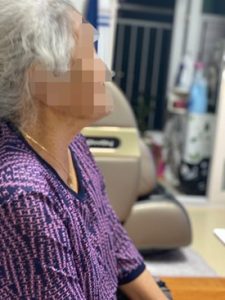
As a child in North Korea, Mrs K was a volleyball player. She remembers the Korean War. At the time, she lived in the northern part of North Korea. When she was there, she heard aeroplanes and bombing raids and had to evacuate. And she remembered the American soldiers.
When an American staff member heard the story, he told Mrs K that he was sorry for the bad things his American ancestors had done and Mrs K accepted the apology. The staff member also told Mrs K that his stepmother is Korean but that he considers her to be his real mother because she treats him like her own son. This helped Mrs K to open up about her life as a stepmother.
Mrs K got married late at the age of 36. In North Korea, it is customary that the first daughter should get married first. But her older sister took a long time to get married, so her own marriage was delayed. When Mrs K’s sister finally got married, Mrs K was married off to a man who already had four children because Mrs K was too old to have many other options at the time. Mrs K said she felt very ashamed and sad about that fact.
Mrs K said that her marriage in North Korea was very difficult because her father-in-law cheated a lot, and her husband also cheated a lot like his father. She said it was very difficult for her to raise her four children as a stepmother. She took care of six children during her marriage: her husband’s four children and two daughters from her relationship with her husband.
Mrs K said that, in the 60s and 70s in North Korea, she could afford to eat white rice and lollies, and she bought miso, soy sauce, and salt with ration tickets. She said the hardest time was during the March of Suffering in the 90s. At that time her house caught fire and all of her possessions were destroyed. Shortly afterwards, her youngest daughter fell ill and died.
It was during this time of severe hunger that she decided to defect, fearing that her last daughter would starve to death if she stayed. When she defected, she crossed the Tumen River with her daughter. She reasoned that being shot while defecting would be essentially the same as dying from hunger by staying in North Korea.
Mrs K came to China with her daughter in the late 1990s. In China, her younger daughter was sold to a Chinese man in marriage, and she herself also remarried, to a Chinese man.
When Mrs K was in North Korea, she had only lived in the city, so this was her first experience working in the fields. Alongside running a tofu business, she raised pigs, feeding them a mixture of tofu scraps and corn. When she saw the pig’s feed, she said to her husband, “If I could have eaten something like this when I was in North Korea, I wouldn’t have defected,” and he comforted her.
The husband she met in China was kind to her and she said she was very happy with her marriage in China.
Mrs K’s daughter defected to South Korea. After many years, Mrs K decided to defect as well, but she wanted to bring her husband with her. Unfortunately, her husband developed cancer during the coronavirus period and her husband passed away in China during that time. Mrs K still misses China and wants to return, but because she is a North Korean defector, she cannot go there for fear of being repatriated.
Mrs K’s daughter is Buddhist, and Mrs K said that she herself does not believe in any religion. There is a North Korean defector church in her area, and Mrs K told us that some people asked her to go to church with them, but she didn’t want to believe in religion.
Mrs K asked us why we came and if the purpose of our visit was to take her to church. The team told Mrs K that we came to tell her that the Kingdom of God has come near, as the Bible says, and bid peace upon her house. After hearing this, she said, “That’s a good reason.”
When the team asked if they could pray for Mrs K, Mrs K told them that she had actually prayed to God when she came to Korea from Thailand on the defection route. Mrs K recounted how a missionary had held her hand and prayed with tears in her eyes before she came to South Korea from Thailand. Mrs K said that she, too, had prayed to God to let her enter South Korea safely.
The next day, the team visited Mrs K again and gave her a North Korean Bible. Mrs K said she would read it but was a bit wary, asking if the team would place reading demands on her later. The team assured her that they would not do so, and she promised that she would read.
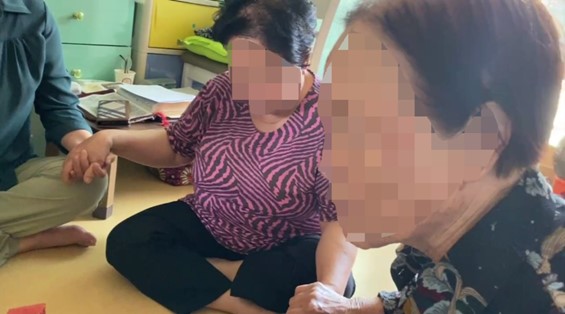
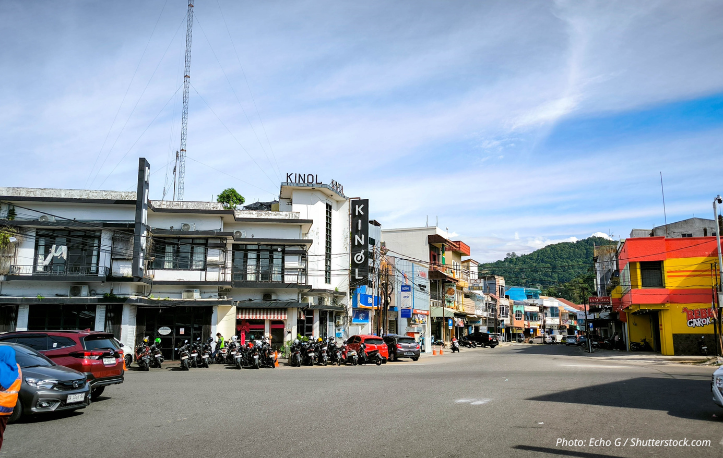
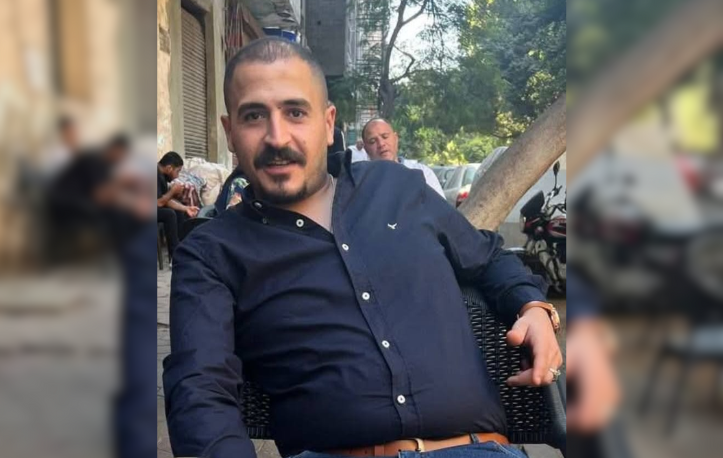
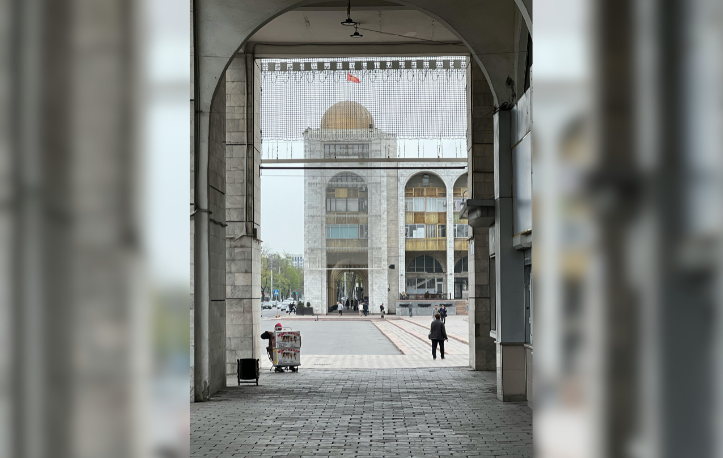
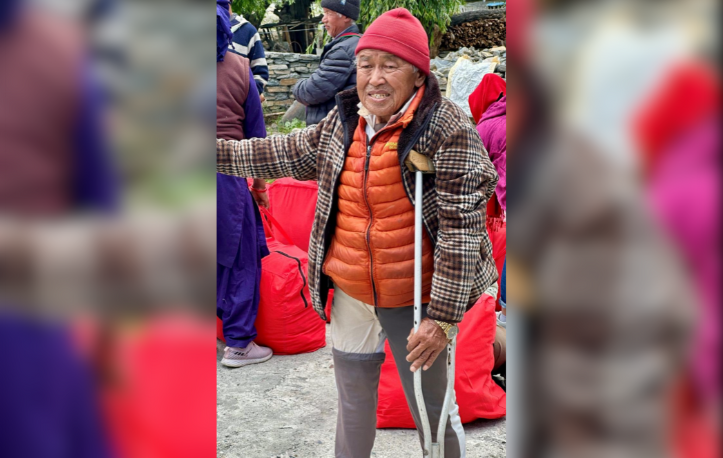
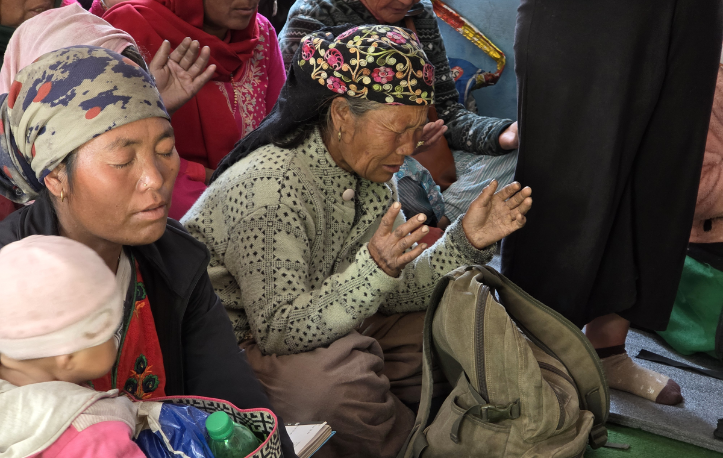
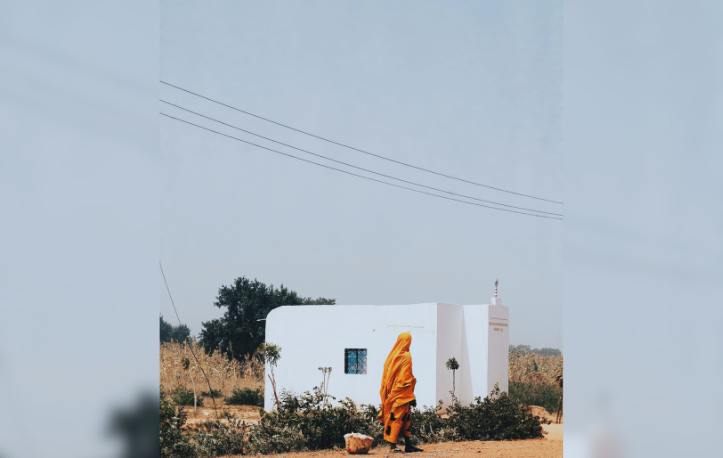
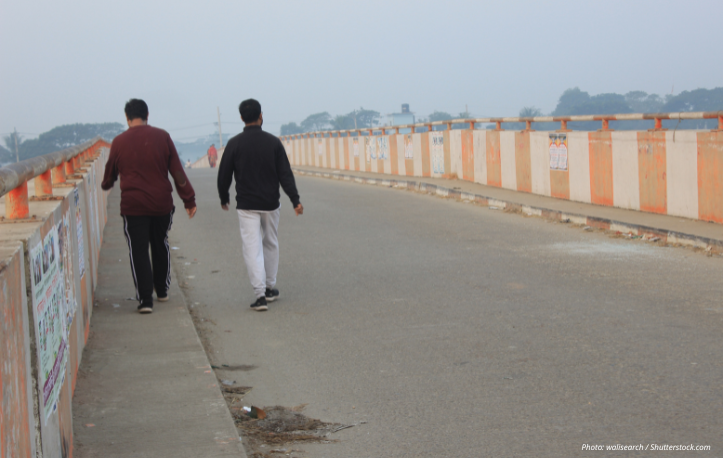







Submit a Prayer